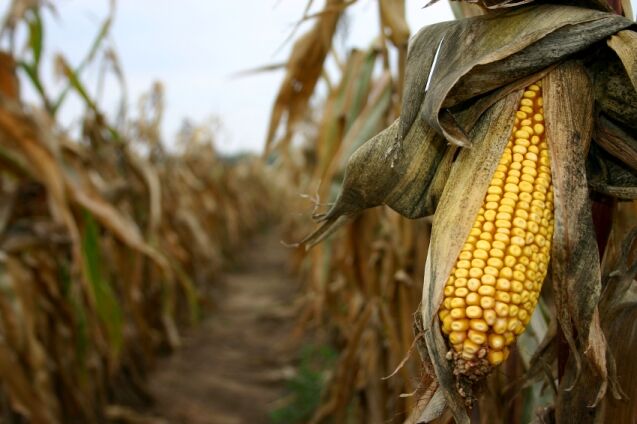
Australia Drought Kills Winter Crops
Australia is suffering its worst drought in 60 years, decimating its agricultural industry. The nation’s agricultural bureau has slashed its forecast for this year’s winter harvest by over 30 percent. Farmers and consumers worldwide will face financial headaches.
According to the Australian, the nation is experiencing the worst succession of droughts since the 1940s, leaving farmers very worried about the future.
The Australian Bureau of Agricultural and Resource Economics announced on Tuesday that the cereal crop harvest beginning in October was estimated to be 25.6 million metric tons, down from the June forecast of 37 million. It also forecasted that the wheat crop would be 15.5 million metric tons instead of the 22.5 million predicted earlier. Both these figures depend on Australia receiving normal rain over the next few weeks.
Some farmers argue that even this forecast is optimistic. John Ridley, chairman of the New South Wales Farmers’ Association grains committee, pointed out that it was based on month-old data, and that since then conditions have only worsened.
“We won’t get anywhere near a bull’s roar of that [15.5 million metric tons],” he said. “The maximum we will get is 5 million and, if it doesn’t rain soon, it will be less than that” (ibid.).
Two years of drought-affected harvests in a row makes the situation even more worrying. In the past, farmers have been able to fall back on profits from previous harvests; this year many don’t have that option.
With this season having started positively, many farmers enthusiastically forward-sold their crops. Forward-selling enables farmers to reduce their risks by selling their crops at an agreed price before they have actually grown. Now that the harvest has gone badly, however, farmers could be facing hefty fines for not being able to fulfill their part of the bargain.
Australian farmers could end the year in a very bad way financially.
This is not good news for the global food market either, where the price of grain is already rising. Medhi Chaouky of Diapason Commodities Management said, “Agricultural commodities are making the headlines after their prices have been languishing for more than 20 years in the doldrums. The time for cheap food is over. … With ending stocks reaching historical low levels, rising costs of production and the comeback of inflation in the real economy, agricultural commodities prices should reach levels never seen before.”
As demand grows and drought and crop disease hinder production, watch for basic food prices to continue to increase. Biblical prophecy warns of soon-coming food shortages in those nations that have traditionally enjoyed agricultural prosperity. For more information, please read “The Coming Food Shortfall.”
